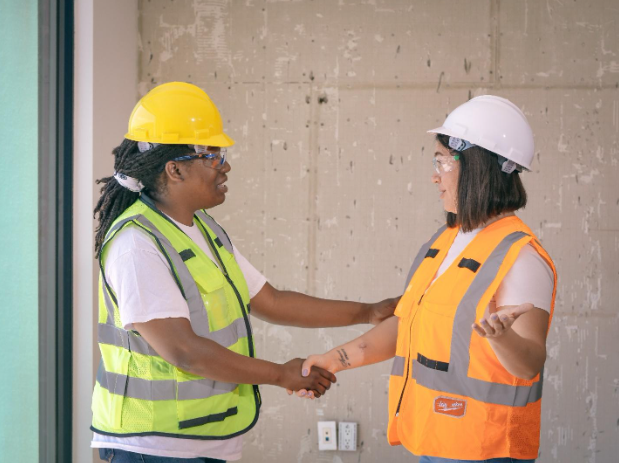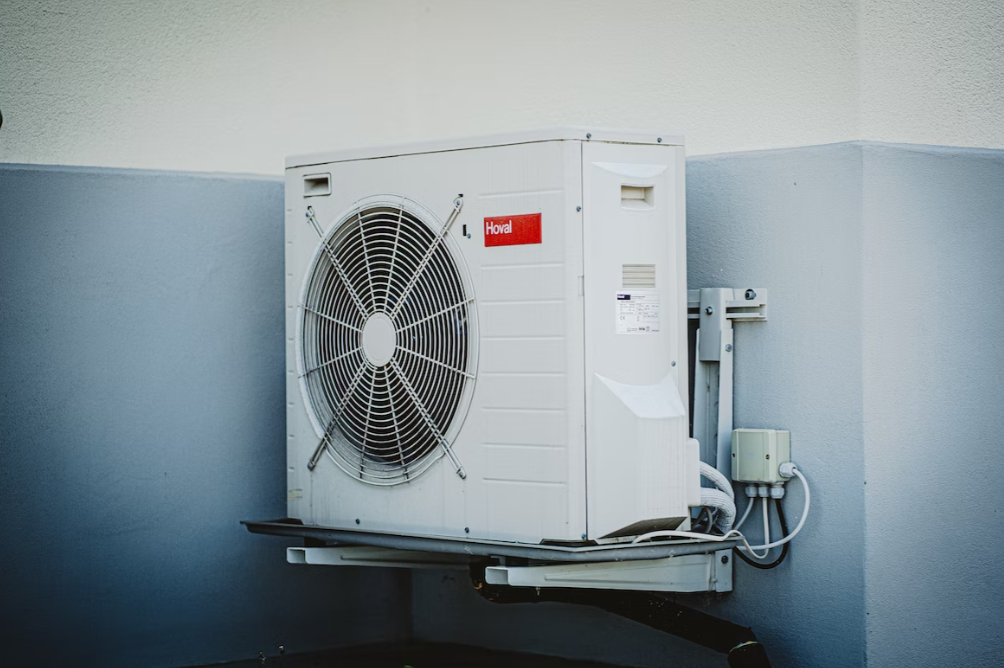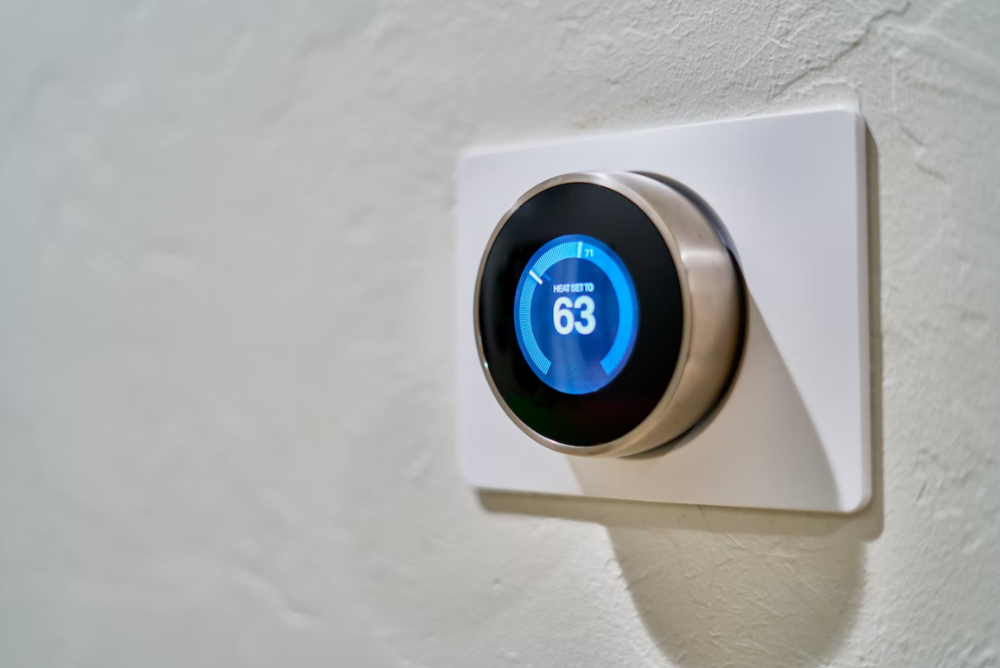Heating, ventilation, and air conditioning might not be something that we think about on the daily, but they are certainly an important part of our lives. With how cold it is right now in my area, I shudder to think of how it would be without heating (ha, get it? Shudder? Alright, I’ll stop). Something in my HVAC system breaking is a scenario that I truly dread
Honestly, it’s even worse when it’s hot outside and something stops working right. After all, when you’re cold, you can always put more layers on. When you’re hot, though, there’s only so much that you can take off. Even sitting at home with the thinnest of fabrics with a fan blowing on you might not be enough to stave that dreaded sweat. Not to mention that it can be quite dangerous, too. As you’ll find on this page, heat exhaustion is nothing to snub. While it’s not talked about a whole lot here in the United States, that doesn’t mean it doesn’t hurt people every year. If your AC isn’t working when it gets super-hot outside (like, over a hundred degrees Fahrenheit hot), it can have some dire consequences.
How Can We Tell if Repairs are Needed?
Obviously, there are going to be certain circumstances in which it’s a lot easier to figure out whether or not something in your HVAC system needs fixed or not. If it’s just not turning on (and refuses to for several hours), that’s a pretty good indicator that you might want to call a repair service or contractor. That’s just one example, and I won’t linger on these clear signs much more.
It’s the hidden things that cause a lot more trouble. Maybe it’s a slight rattle every time that the unit turns on, maybe it’s the quiet drip-drip-drip of water or moisture build-up…there are a vast variety of malfunctions that could occur due to even the tiniest of abnormalities inside the unit or system as a whole. If you suspect something is up, you could look for an Affordable Comfort Heating & Air Conditioning contractor in your area to help determine what’s going on.
Air Conditioning Troubles
There are a few issues to keep an eye out for when it comes to the “AC” part of “HVAC.” For one thing, if you notice that your unit is blowing out warm air instead of cool air when you turn it on, that’s a problem. While it’s usually less serious if eventually that warm shifts into cool, if it remains hot air for an extended period of time…well, you’ll probably want to get on the phone soon.
Another thing to watch for is how fast or slow it turns on when you adjust your thermostat. Honestly, this surprised me – for most of my life, I always thought that the heat or air just kicked in kind of slowly. That’s not how it’s supposed to be, though, and if you’re noticing it takes several minutes for the AC to activate even when you’ve turned the thermostat way down…you’ve likely got a big issue on your hands.
Ventilation Issues
Out of all the parts of an HVAC unit, I think it’s easiest to overlook this one. Ventilation may not seem like a huge deal at first, and I can understand that point of view. I didn’t really think much of it either, until I started to notice that the air flow in both my AC and my heater was just not very strong at all. I wanted to know what was going on.
As it happens, if there’s not a lot of air coming out of your unit either way, it’s probably got something to do with the ventilation. You can read a bit more on that here, if you’d like more of the particulars. Basically, though, it means you’ll probably need to either do some cleaning yourself or hire someone else to do it for you.
What happens if we don’t keep the ventilation in our HVACs clear and working properly? It can get dangerous in some cases, especially for anyone with pre-existing health conditions such as asthma (or other things that effect the lungs). While it might not seem like a huge deal on
paper, it’s usually a good idea to get regular inspections on these parts to ensure that your home’s air quality remains safe.
Other Red Flags
Of course, there are a few other signals to be on the lookout for – and please, keep in mind that this list is not all-encompassing. If you’re ever concerned about malfunctions, just call someone. Even if it turns out to be nothing, that initial consultation never hurts. One of the big ones, as I referenced briefly above, is water leakage.
Now, this can happen almost anywhere on an HVAC unit, so try to take a peek at the different parts fairly often to make sure you’re not seeing any condensation or moisture. While the little droplets might not be a huge deal, anything more than that could hint at a refrigerant leak. That’s a pretty serious issue, so it’s best to get it handled as soon as possible.
HVAC units are one of the best modern inventions in my opinion. They save us from both the heat and the cold. At the end of the day, though, they do require maintenance – so, make sure you do that!





